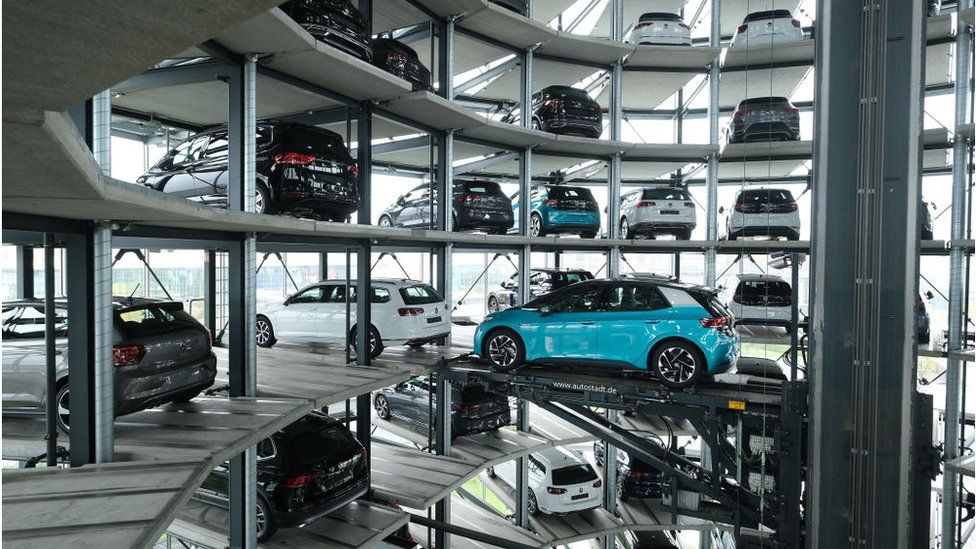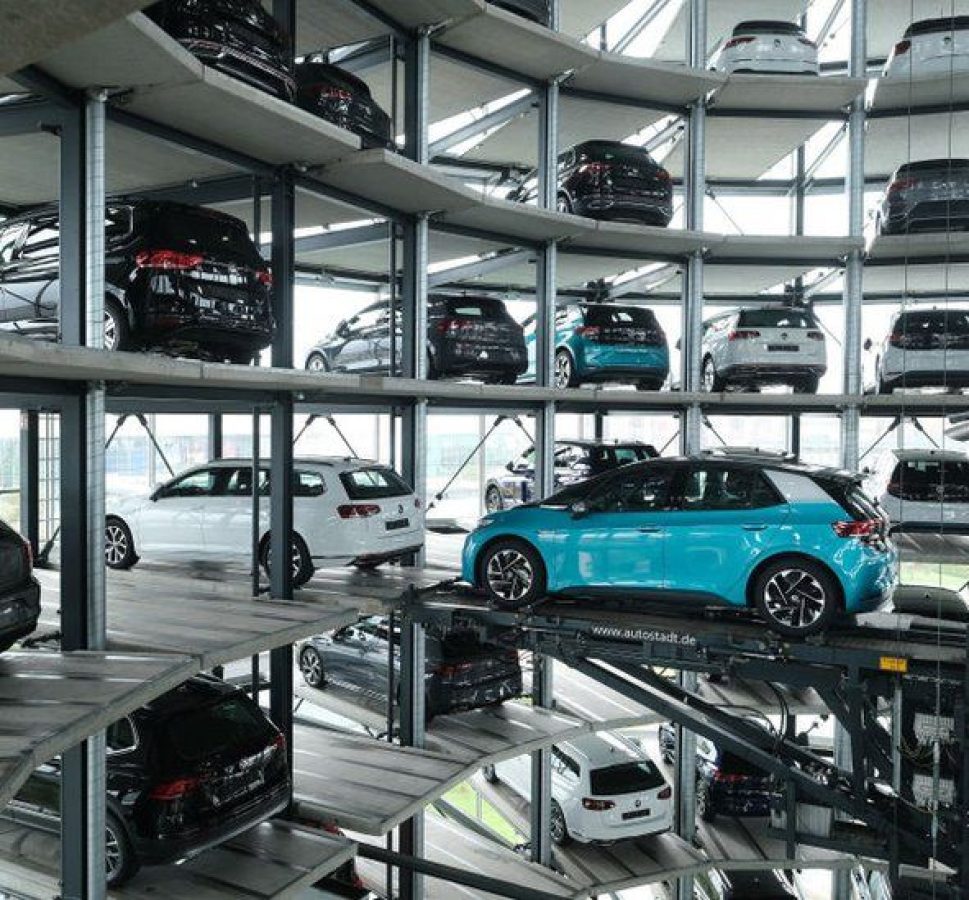
In a move that has sparked tension in the global automotive industry, China’s Commerce Ministry has strongly protested the European Union’s decision to investigate Chinese electric vehicle (EV) exports, denouncing it as a “protectionist” measure aimed at disrupting the supply chain.
The European Union announced on Wednesday that it would initiate an investigation into government subsidies provided to Chinese automakers, alleging that these subsidies artificially lower EV prices and distort competition. China has emerged as the world’s largest market for electric vehicles, largely due to substantial government subsidies invested in the sector. Chinese automakers, such as BYD and Geely, have swiftly gained market share by exporting EVs to markets including Japan and Europe.
Commerce Ministry spokesperson He Yadong expressed China’s concerns during a briefing in Beijing, stating, “What I want to emphasise is that the investigation measure that the European Union plans to take is to protect its own industry in the name of fair competition.” He characterised the EU’s actions as “naked protectionist behaviour” that could seriously disrupt and distort the global automotive and supply chains, potentially affecting China-EU economic and trade relations.
The Chinese Ministry of Commerce issued a statement urging the European Union to establish a “fair, non-discriminatory, and predictable” market environment for the electric vehicle sector.
In China, electric vehicle prices start as low as 100,000 yuan ($14,500) for a compact SUV with a range of 400 kilometres on a single charge.
Cui Dongshu, the head of the China Passenger Car Association, also voiced opposition to the EU’s investigation. He stated on his WeChat social media account, “I personally firmly oppose the EU’s evaluation of China’s new energy vehicle exports, not because it has received huge state subsidies, but because China’s industrial chain is highly competitive.” Cui emphasised that China had phased out new energy subsidies in 2022.
Cui urged the EU to adopt an “objective view of the development of China’s electric vehicle industry” rather than using economic and trade tools to increase the costs of Chinese electric vehicles in Europe.
The dispute between China and the EU over electric vehicle subsidies and trade practices could have significant ramifications for the global automotive industry and the future of electric mobility.






